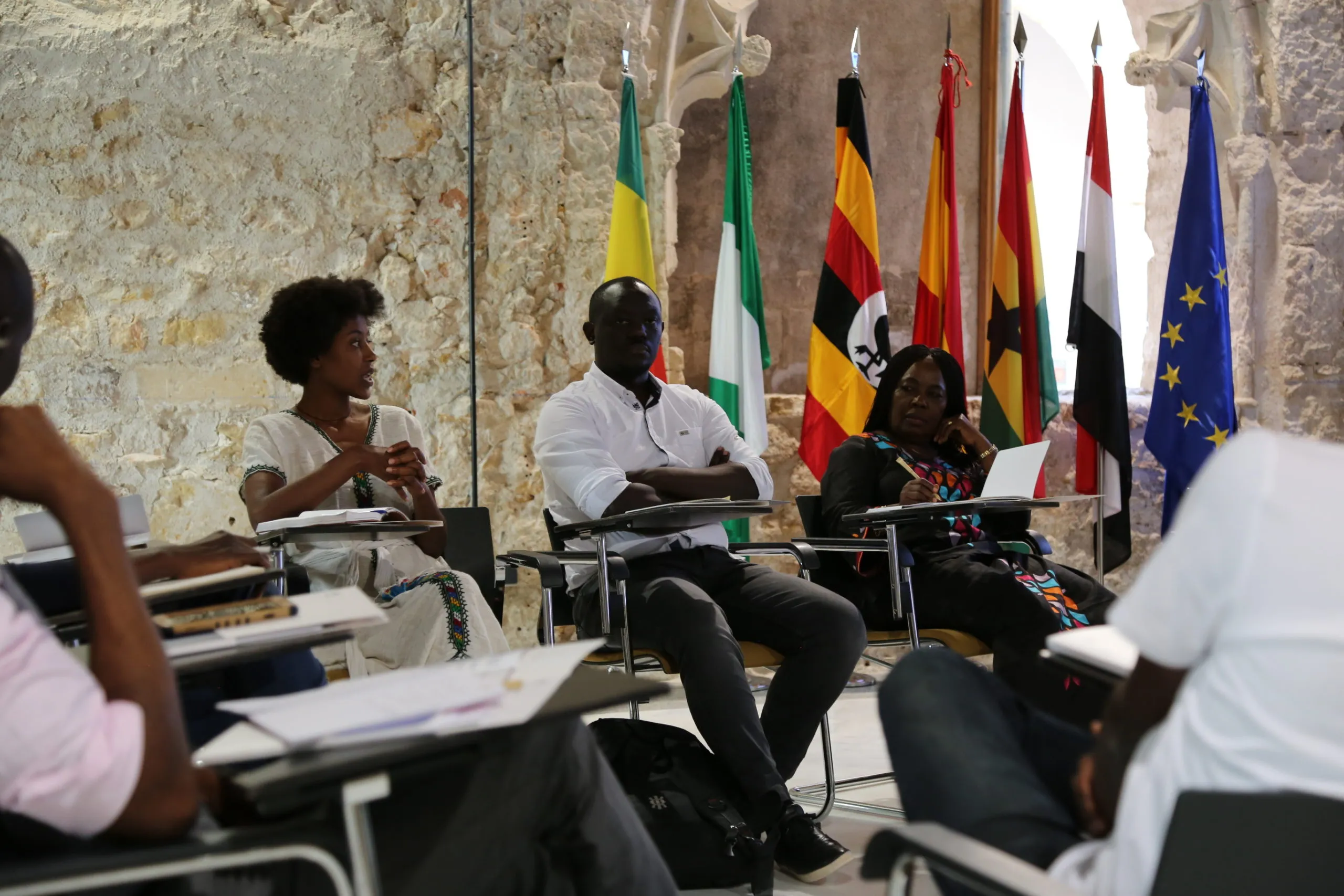How to Structure African Startups to Go Global

Africa has recently made significant progress toward realizing its ambition of being a launching pad for most startup businesses. However, Africa’s track record of maintaining and ramping up startups is a different tale. Only few African startups with global impact exist on the continent, the most stemming from the tech industry.
In comparison, the Western and Eastern part of the world have countless businesses with global reach which the African continent is a major customer to. Taking an example from the tech space, China boasts of more than 100 pillar startups, the United States can boast twice the count of China. In contrast, African startups with recognition and financial power are few and there are at most a quarter of other continent’s counts.
According to Statista (2020), African startups are emerging massively with Nigeria predicted to have over 3,300 startups as at 2020, the largest number in Africa. Following that, in the same year, South Africa and Kenya recorded roughly 660 and 600 startups, respectively. It is evident the African continent is charging up for a universal value creation.
Moving startups beyond Africa to meet customers on a global scale requires startup entrepreneurs to put in conscious efforts that will achieve this goal. This is necessary due to existing factors such as migration of native Africans to other continents, needs common to many irrespective of race and color and the need to put Africa at the top of productive continents.
The methods to structure African startups for global takeover can be categorized in channels, value and investment strategies.
Channels (Mediums) Strategy
- Utilize tech solutions: There is barely an impact desired lately that does not introduce the role of digitalization. Embarking on a global quest without a remote strategy will result in slow impact and oftentimes costly processes but the involvement of tech in startup activities make operations more efficient and effective from the point of showcasing its solutions to delivery of value to customers.
Value Strategy
- Create a global product: People buy products that satisfy their needs. African startups should envisage offering solutions that go beyond its immediate region as there are demands for solutions across the globe. Bear in mind that target markets are widely spread across the globe. Potential customers could be anywhere be it the least region to the greatest region.
- Giving value to regions with needs peculiar to proposed value: Unique to some regions are lifestyles, fashion, beliefs people are comfortable with. Therefore, A startup that seeks to expand its customer base can create value that will meet the particular region according to their lifestyle and culture. Seek for areas in need of what a startup has to offer.
- Removing the “African” clause: On a global level, there is room for cultural diversity and universality. The “African” clause here is holding up to the ideology that a business must stem, build its team, grow and die in Africa alone without spreading it to the world. This way, the African potential resides only within the continent but an expansion to other continents put up African startups for a show. It is important that African startups accommodate international collaboration and publicity.
Relationship Strategy
- Seek international support: Business networking is a powerful tool that helps spread businesses. This technique is tested and proven reliable even in the conventional pattern of running businesses. Power of “Word of Mouth” spreads businesses faster. Likewise, establishing relationships with international and united bodies gives the opportunity to sell business solutions to immediate networks who in turn share to their own network thereby, bringing more customers.
Investment (Financing) Strategy
- Level up through the series of startup funding: In the phases of startup thriving, there are series of its funding and investment sourcing staging from Series A to Series B to Series C. Each stage has requirements peculiar to investors/sponsors, startups excelling through each process demands improved efforts as this strategy is usually competitive. Only a small percentage of African entrepreneurs make it past the Series B investment level which takes a toll on revenue generated through capital investors. African startups can sign up for global investment slots, grants and sponsorship that will expose them to a wider customer base every time they pitch solutions.
